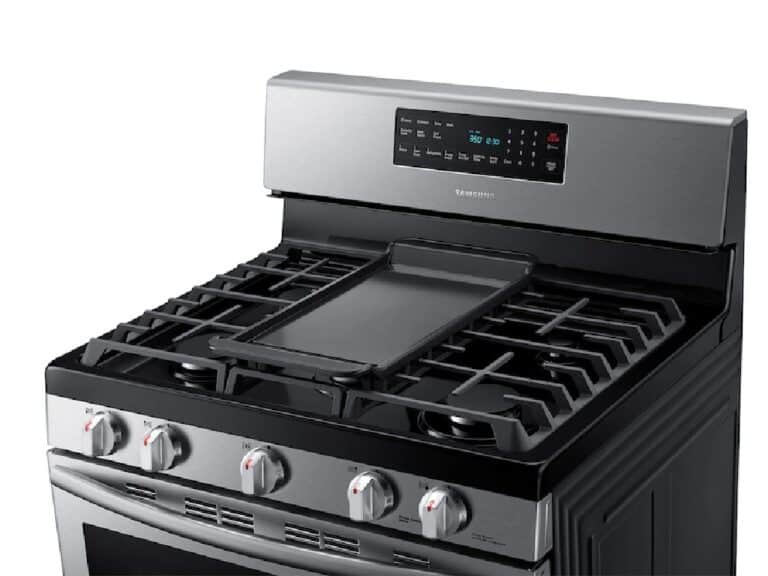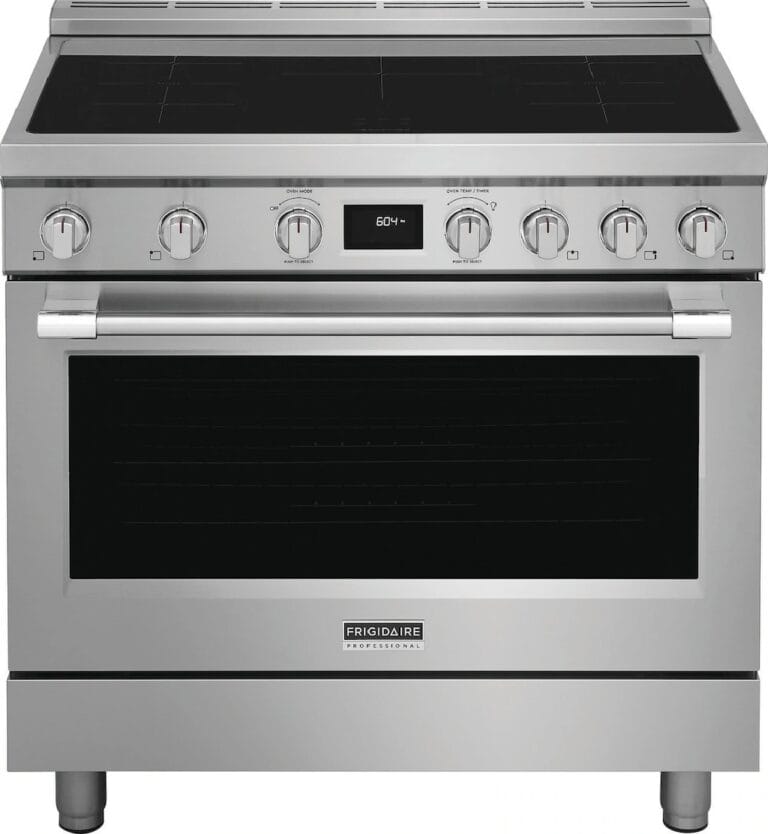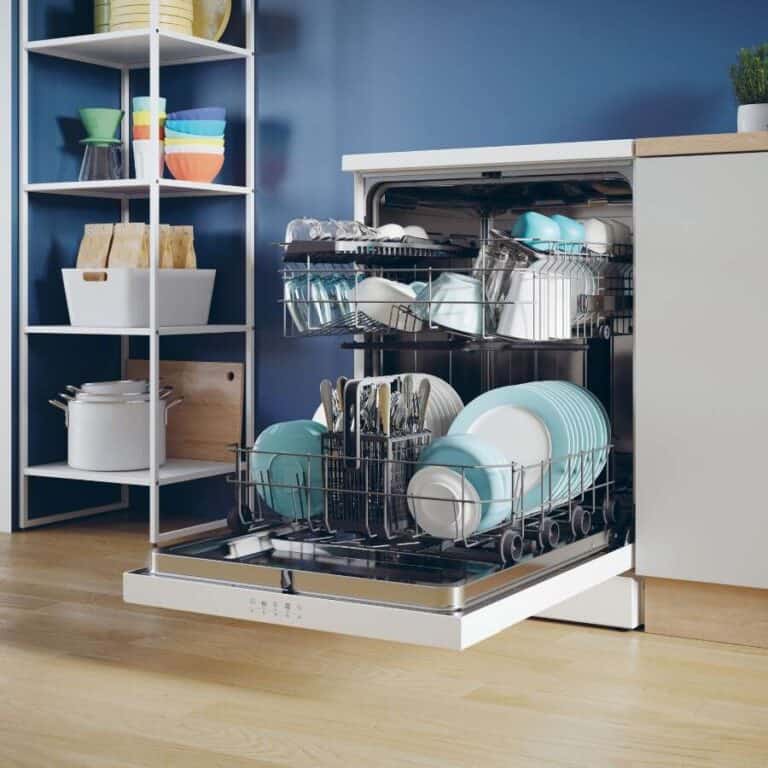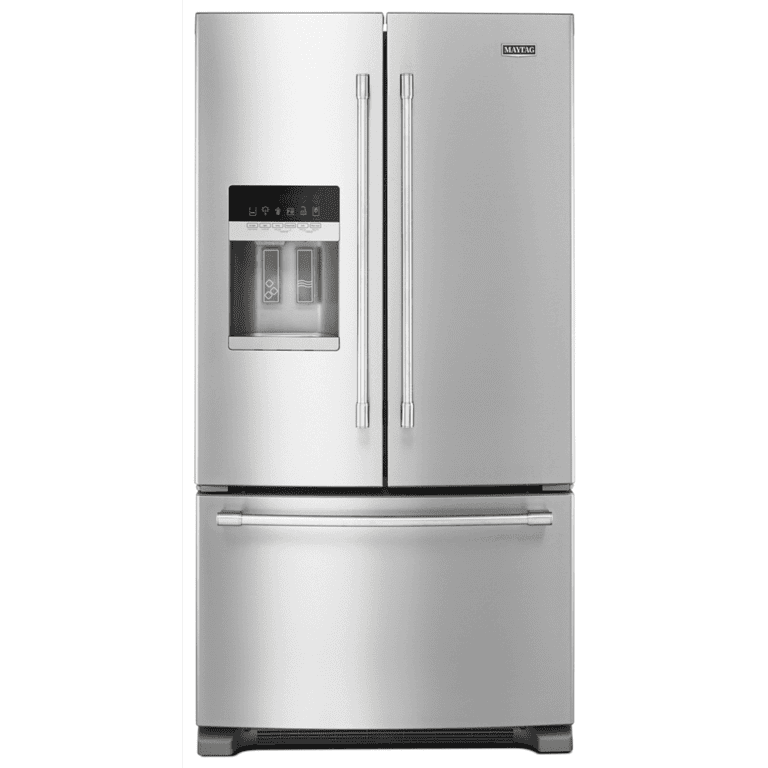Why Is My Haier Fridge Making a Buzzing Noise? Let’s Break It Down
Have you ever been in the kitchen, minding your own business, when suddenly you hear an odd buzzing sound coming from your Haier fridge? It’s like an unexpected guest at a dinner party—out of place, a little unnerving, and leaving you to wonder, “What’s going on with my fridge?”
You’re not alone in this. A buzzing fridge is a common issue, but don’t panic just yet. There are a few usual suspects behind this noise, and with a little investigation, you can usually figure out what’s causing the disruption.
In this post, I’m going to dive into some of the most common causes of a buzzing Haier fridge and offer some tips on how to fix it. Now, let’s engage in a collaborative troubleshooting process.
What’s That Buzzing Sound? Understanding the Problem

First things first: Not all fridge noises are bad. Some sounds are simply the appliance doing its job. The compressor, for instance, is like the heart of your fridge—it pumps refrigerant through the system to keep things cool. And yes, this can create a hum or buzz. But before you get too comfortable with the noise, let’s take a deeper look at what’s causing it.
Common Culprits Behind the Buzzing Noise
Here are a few things that could be contributing to that unsettling buzz:
- The Condenser Fan
The condenser fan is like the fridge’s personal air conditioner—it helps expel heat. Over time, this fan can get worn out or clogged with dust, causing it to struggle and make noise. It’s like when you try to run on a treadmill after not exercising for a while—you can do it, but it doesn’t feel smooth. - Compressor Problems
The compressor is essential for the cooling process, and when it starts malfunctioning, it’s like the fridge’s engine sputtering. This can create a loud, annoying buzzing sound. Think of it like a car engine that’s not quite firing on all cylinders. - Unlevel Positioning
If your fridge isn’t sitting level, the compressor might vibrate in ways it’s not supposed to. Imagine trying to sleep in a bed with one leg shorter than the other—uncomfortable, right? That’s exactly what’s happening with your fridge. - Dirt and Debris on Condenser Coils
Over time, dirt and dust can build up on the condenser coils, making the fridge work harder than it should. It’s like trying to run a race while carrying a heavy backpack—you’re going to make some noise, and it won’t be easy.
When Is the Buzzing Sound Normal?
Now, not all buzzing is cause for concern. Your fridge is supposed to make some noise as it operates, and a bit of hum is perfectly normal. It’s like the sound of your car’s engine when it’s running smoothly—there’s nothing to worry about.
However, if the buzzing becomes louder or more consistent, it should raise concerns. If it’s accompanied by a noticeable vibration or the sound changes pitch, something’s likely wrong. It’s time to pay attention and take action.
Location Factors Affecting Fridge Noise

The placement of your fridge plays a significant role in how noisy it can get. If your fridge isn’t placed properly, it can amplify the sounds it makes, making them more noticeable. For example, a fridge that’s too close to a wall can cause vibrations that lead to rattling or buzzing. Similarly, if it’s on uneven flooring, the compressor may work harder and make more noise to keep the fridge cool.
The layout of your kitchen can also affect how these sounds are perceived. A fridge tucked away in a corner might seem quieter, while one in an open space could make the noise feel more pronounced, especially if the kitchen has hard surfaces that reflect sound.
To reduce fridge noise, it’s recommended to place your appliance on a level surface, at least a few inches from the wall. This ensures better airflow around the condenser coils and keeps vibrations to a minimum.
| Check out: Why Is Your Beko Fridge Making a Buzzing Noise? |
How to Stop the Buzzing: DIY Fixes
Before you pick up the phone and call in a technician, let’s try a few simple fixes to silence that pesky buzz.
- Check the Leveling of Your Fridge
Start by ensuring your fridge is sitting on a level surface. Uneven flooring can cause vibrations that translate into buzzing sounds. Use a level tool to make sure everything is in line, and adjust the leveling legs if necessary. - Clean the Condenser Coils
Dust and debris can easily collect on the condenser coils, forcing the fridge to work harder. Grab a vacuum cleaner or a coil cleaning brush and clean the coils at the back or bottom of your fridge. Consider this as a rejuvenating spa treatment for your fridge, as it will enhance its efficiency and performance. - Inspect the Condenser Fan and Compressor
Turn off the fridge and look at the condenser fan and compressor. If they seem dirty or damaged, that might be your culprit. If you’re unsure about what you’re seeing, it’s best to call in a professional. - Temperature Settings
Sometimes, extreme temperature settings can cause the fridge to overwork and buzz. Try adjusting the temperature to a more moderate setting. It’s like turning down the heat when you’re feeling too hot—the fridge will be able to run smoothly.
When to Call in the Pros
If none of the DIY fixes seem to help, it’s time to call in a professional. Persistent buzzing from your fridge could be a sign that your compressor, condenser fan, or another internal component needs to be repaired or replaced. Just like you wouldn’t try to fix your car’s engine without expert knowledge, your fridge might need the hands of a professional to get back to optimal performance.
A technician can assess the situation, pinpoint the problem, and fix it before it turns into a more costly issue. It’s always better to address the problem early, rather than let it escalate into something more serious.
Why Should I Worry About My Fridge’s Noises?
While it may be simple to ignore occasional noises, a persistent buzzing sound could potentially signal a need for assistance. If your fridge is making loud, persistent noises that are unusual for it, there could be an underlying issue that needs immediate attention.
For instance, a hissing sound could indicate a refrigerant leak, and a grinding or banging noise might mean a problem with the compressor. If the buzzing sound doesn’t stop, it’s not only a nuisance—it can also affect your fridge’s performance, making it less energy-efficient and even leading to food spoilage.
Final Thoughts: Keep Your Haier Fridge Buzz-Free
Ultimately, a buzzing fridge doesn’t have to be the end of the world. Understanding the causes of the noise and maintaining regular maintenance can help you keep your fridge operating smoothly and quietly. Regularly cleaning the condenser coils, ensuring the fridge is level, and staying alert to any changes in the sounds your fridge makes will go a long way in preventing buzzing issues.
If you’re ever in doubt, don’t hesitate to call a technician. Eliminate the issue before it escalates into a costly issue. Your Haier fridge can be as quiet as a mouse with a little attention and care, so don’t let that buzz get in the way of your kitchen’s tranquility!






